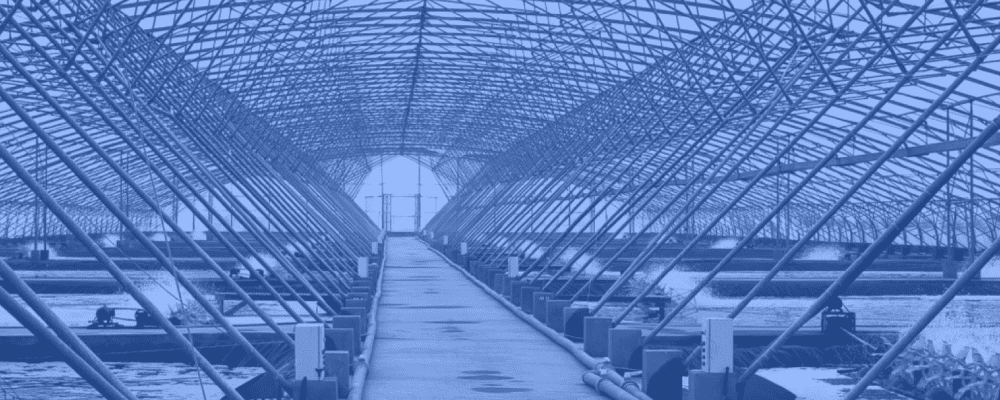To Eat or Not to Eat
It's time to reimagine our relationship with seafood. In a global marketplace overrun with shrimp contaminated by antibiotics, farmed species euthenised with chemical cocktails, far too many inspection loopholes and collapsing wild fish stocks, sustainable aquaculture has now reached an inflection point. Simply put, we need indoor farms to meet surging demand and population dynamics, but we also need the industry to perform to higher standards.
That's because more than a third of our planet depends on seafood to provide 15% of its protein — with 1 billion relying on it as their main source — just as legitimate questions about resource management and environmental impact are drawing to painful conclusions. Meanwhile, supply chains are increasingly supported by aquaculture operations and cultured shrimp continues to meet much of this demand.
This isn't a manufactured crisis for effect. Engaged consumers are now asking: is it worth the price — both to our health and the environment?
In general, wild fisheries are much less efficient than farm facilities, which speaks to why more of our seafood is being raised in ponds and seaside cages than ever before. But is aquaculture truly the cleanest, most sustainable way of supplying the market with fresh shrimp? And should it be more ethical?

Our Values
At King Prawn, we believe that ethical harvesting is not just a destination. It's the sum of many important decisions which affect the delicate hydrology of this planet as well as the quality of the product that ends up on your plate. If water, waste and efficient resource planning are not key factors during implementation, farm operations cannot be certified as sustainable. Similarly, each product generation should not be considered ethical when optimal survival rates cannot be achieved.
These values have increasing influence on consumers from every walk of life and every region of the world — and we take them seriously at King Prawn.
